Oracle Cloud Services vs. AWS & Azure: Which One is Right for Your Business?
As businesses across industries embrace digital transformation, cloud computing has become the foundation for scalability, flexibility, and innovation. Whether you're running enterprise workloads, deploying applications, or managing data infrastructure, selecting the right cloud platform is critical. Among the top players in the cloud space are Oracle Cloud Services, Amazon Web Services (AWS), and Microsoft Azure. Each platform offers powerful features, but their strengths vary depending on business needs, legacy systems, and technical requirements. This blog compares Oracle Cloud Services with AWS and Azure, helping you evaluate which cloud provider aligns best with your organization’s goals. Understanding the Cloud Providers Oracle Cloud Services Oracle Cloud, powered by Oracle Cloud Infrastructure (OCI), delivers a suite of infrastructure and platform services tailored to enterprise workloads. Its focus lies in offering high-performance computing, robust database services, analytics, and integration with Oracle’s on-premise solutions. It’s a strong choice for companies already using Oracle technologies such as Oracle Database, E-Business Suite, or Oracle Fusion Cloud Applications. Amazon Web Services (AWS) AWS is the most mature and widely adopted public cloud platform. It offers a comprehensive range of services across compute, storage, AI/ML, databases, and more. AWS is known for its scalability and global availability, making it a go-to option for startups, SMBs, and large enterprises alike. Microsoft Azure Azure integrates deeply with Microsoft’s suite of products, including Windows Server, SQL Server, and Microsoft 365. It’s popular among organizations looking to build hybrid cloud environments and leverage Microsoft’s enterprise software in the cloud. Performance & Infrastructure Oracle Cloud has made significant strides in recent years with the introduction of OCI Gen 2 architecture. It offers features like bare-metal servers, block storage with high IOPS, and RDMA-based clustering, which are especially valuable for performance-intensive workloads like databases and analytics. AWS leads the cloud market in global infrastructure, with availability in over 30 regions and 100+ availability zones. It provides unmatched scalability and reliability for applications with global demand. Azure also offers a vast global presence and is a preferred choice for hybrid deployments, enabling seamless integration between cloud and on-premise environments using Azure Arc and Azure Stack. Each provider delivers high performance, but Oracle’s infrastructure is specifically optimized for database-heavy and enterprise applications. Pricing Structure Cloud pricing varies based on usage, configuration, and services consumed. Oracle Cloud Services provides a straightforward pricing model with Universal Credits, allowing businesses to flexibly consume services under a single contract. Its pricing is highly competitive, especially for computing and data transfer, often undercutting AWS and Azure. Oracle also offers cost-saving options for existing Oracle software licenses through Bring Your Own License (BYOL). AWS follows a pay-as-you-go model with additional discounts for Reserved Instances and Savings Plans. While it offers flexible pricing, managing costs can become complex due to separate charges for compute, storage, data transfer, and support. Azure also provides pay-as-you-go and reserved pricing, with discounts for customers using Microsoft licenses under the Azure Hybrid Benefit. Its integration with Windows environments makes it a cost-effective solution for Microsoft-centric organizations. Businesses running Oracle workloads can often realize significant savings by choosing Oracle Cloud Services, especially when leveraging BYOL and flexible subscription models. Security & Compliance All three platforms prioritize security and comply with global standards such as ISO 27001, SOC 2, GDPR, HIPAA, and more. Oracle Cloud Services emphasizes security-first architecture with features like isolated network virtualization, always-on encryption, and integrated identity and access management (IAM). Autonomous services further enhance security by automating patching and threat detection. AWS offers comprehensive security controls, including advanced encryption, fine-grained IAM policies, and services like AWS Shield and Macie for threat protection. Azure integrates with Microsoft security tools like Defender and Sentinel. It also supports multi-layered defense mechanisms across physical datacenters, operations, and applications. While all three platforms meet strict compliance requirements, Oracle’s autonomous capabilities stand out for reducing manual security tasks and human error. Use Case Scenarios Each platform caters to different use cases: Oracle Cloud Services: Best suited for businesses running Oracle
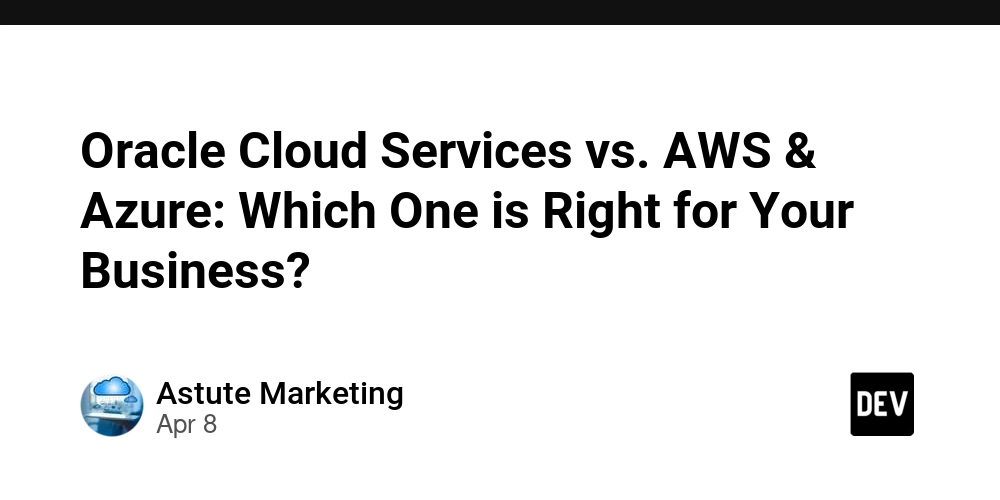
As businesses across industries embrace digital transformation, cloud computing has become the foundation for scalability, flexibility, and innovation. Whether you're running enterprise workloads, deploying applications, or managing data infrastructure, selecting the right cloud platform is critical.
Among the top players in the cloud space are Oracle Cloud Services, Amazon Web Services (AWS), and Microsoft Azure. Each platform offers powerful features, but their strengths vary depending on business needs, legacy systems, and technical requirements.
This blog compares Oracle Cloud Services with AWS and Azure, helping you evaluate which cloud provider aligns best with your organization’s goals.
Understanding the Cloud Providers
Oracle Cloud Services
Oracle Cloud, powered by Oracle Cloud Infrastructure (OCI), delivers a suite of infrastructure and platform services tailored to enterprise workloads. Its focus lies in offering high-performance computing, robust database services, analytics, and integration with Oracle’s on-premise solutions. It’s a strong choice for companies already using Oracle technologies such as Oracle Database, E-Business Suite, or Oracle Fusion Cloud Applications.
Amazon Web Services (AWS)
AWS is the most mature and widely adopted public cloud platform. It offers a comprehensive range of services across compute, storage, AI/ML, databases, and more. AWS is known for its scalability and global availability, making it a go-to option for startups, SMBs, and large enterprises alike.
Microsoft Azure
Azure integrates deeply with Microsoft’s suite of products, including Windows Server, SQL Server, and Microsoft 365. It’s popular among organizations looking to build hybrid cloud environments and leverage Microsoft’s enterprise software in the cloud.
Performance & Infrastructure
Oracle Cloud has made significant strides in recent years with the introduction of OCI Gen 2 architecture. It offers features like bare-metal servers, block storage with high IOPS, and RDMA-based clustering, which are especially valuable for performance-intensive workloads like databases and analytics.
AWS leads the cloud market in global infrastructure, with availability in over 30 regions and 100+ availability zones. It provides unmatched scalability and reliability for applications with global demand.
Azure also offers a vast global presence and is a preferred choice for hybrid deployments, enabling seamless integration between cloud and on-premise environments using Azure Arc and Azure Stack.
Each provider delivers high performance, but Oracle’s infrastructure is specifically optimized for database-heavy and enterprise applications.
Pricing Structure
Cloud pricing varies based on usage, configuration, and services consumed.
- Oracle Cloud Services provides a straightforward pricing model with Universal Credits, allowing businesses to flexibly consume services under a single contract. Its pricing is highly competitive, especially for computing and data transfer, often undercutting AWS and Azure. Oracle also offers cost-saving options for existing Oracle software licenses through Bring Your Own License (BYOL).
- AWS follows a pay-as-you-go model with additional discounts for Reserved Instances and Savings Plans. While it offers flexible pricing, managing costs can become complex due to separate charges for compute, storage, data transfer, and support.
- Azure also provides pay-as-you-go and reserved pricing, with discounts for customers using Microsoft licenses under the Azure Hybrid Benefit. Its integration with Windows environments makes it a cost-effective solution for Microsoft-centric organizations.
Businesses running Oracle workloads can often realize significant savings by choosing Oracle Cloud Services, especially when leveraging BYOL and flexible subscription models.
Security & Compliance
All three platforms prioritize security and comply with global standards such as ISO 27001, SOC 2, GDPR, HIPAA, and more.
- Oracle Cloud Services emphasizes security-first architecture with features like isolated network virtualization, always-on encryption, and integrated identity and access management (IAM). Autonomous services further enhance security by automating patching and threat detection.
- AWS offers comprehensive security controls, including advanced encryption, fine-grained IAM policies, and services like AWS Shield and Macie for threat protection.
- Azure integrates with Microsoft security tools like Defender and Sentinel. It also supports multi-layered defense mechanisms across physical datacenters, operations, and applications.
While all three platforms meet strict compliance requirements, Oracle’s autonomous capabilities stand out for reducing manual security tasks and human error.
Use Case Scenarios
Each platform caters to different use cases:
- Oracle Cloud Services: Best suited for businesses running Oracle applications and databases. It excels in high-performance transactional systems, ERP, HCM, and financial applications. It’s also a strong option for analytics, data warehousing (via Oracle Autonomous Data Warehouse), and AI workloads.
- AWS: Ideal for cloud-native application development, DevOps, IoT, machine learning, and large-scale web services. It offers the broadest set of tools for developers and enterprise architects.
- Azure: Designed for organizations leveraging Microsoft software, hybrid cloud environments, and enterprise productivity tools. It’s a great option for businesses transitioning from legacy Windows environments to the cloud.
Choosing the right provider depends on your existing technology stack, desired features, and long-term IT strategy.
Support, Ecosystem & Integration
Oracle Cloud Services offers dedicated technical support and tailored services for Oracle customers. Its ecosystem is growing rapidly, especially in the enterprise and public sector.
AWS provides extensive support plans and a rich ecosystem of third-party tools, training resources, and a massive global developer community.
Azure benefits from Microsoft’s broad enterprise customer base, partner network, and native integration with Office 365, Dynamics 365, and Power Platform.
Support and integration capabilities are essential to ensuring smooth cloud adoption. If your organization is already running Oracle applications, Oracle Cloud simplifies the transition and minimizes compatibility issues.
Conclusion
The cloud provider you choose can significantly impact your business's agility, cost efficiency, and long-term growth. While AWS and Azure offer broad service portfolios and are well-established in the market, Oracle Cloud Services presents a compelling case for enterprises with data-intensive workloads and existing Oracle investments.
By understanding your workload requirements, licensing structure, and integration needs, you can make a more strategic decision about which cloud platform supports your digital transformation goals most effectively.








































































































































































![[The AI Show Episode 144]: ChatGPT’s New Memory, Shopify CEO’s Leaked “AI First” Memo, Google Cloud Next Releases, o3 and o4-mini Coming Soon & Llama 4’s Rocky Launch](https://www.marketingaiinstitute.com/hubfs/ep%20144%20cover.png)













































































































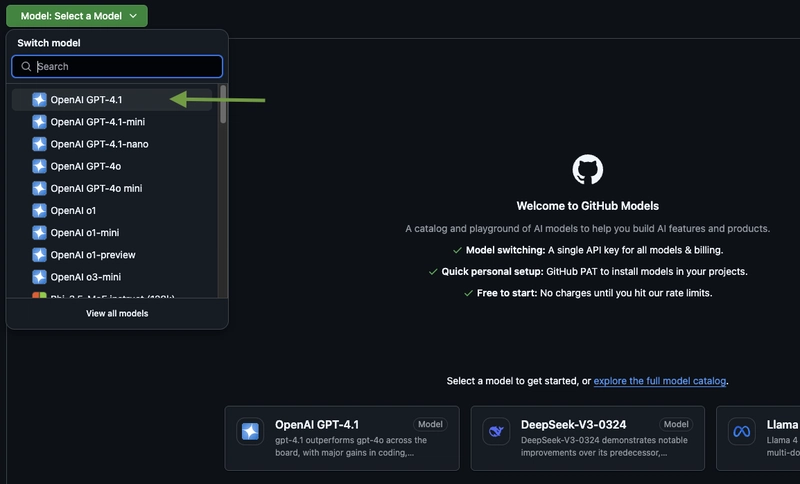
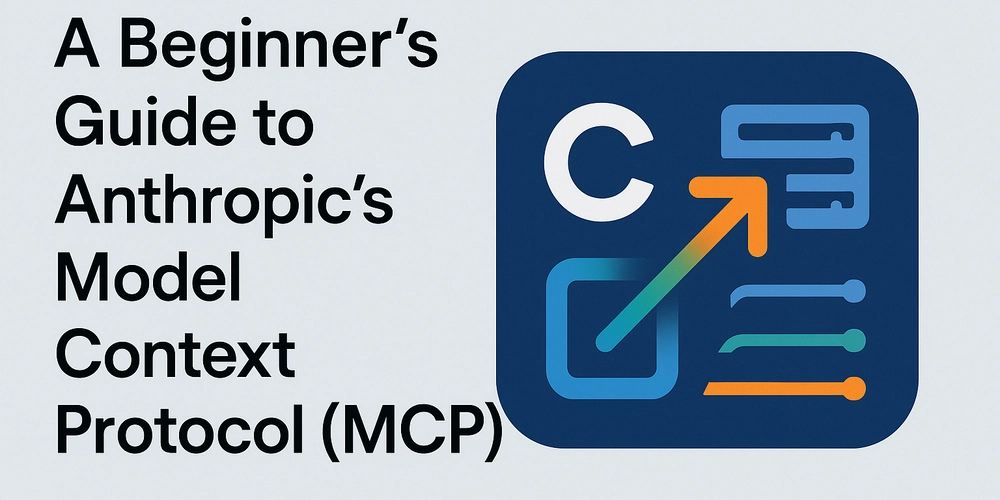






















































































![Blue Archive tier list [April 2025]](https://media.pocketgamer.com/artwork/na-33404-1636469504/blue-archive-screenshot-2.jpg?#)
































.png?#)







































.webp?#)



















































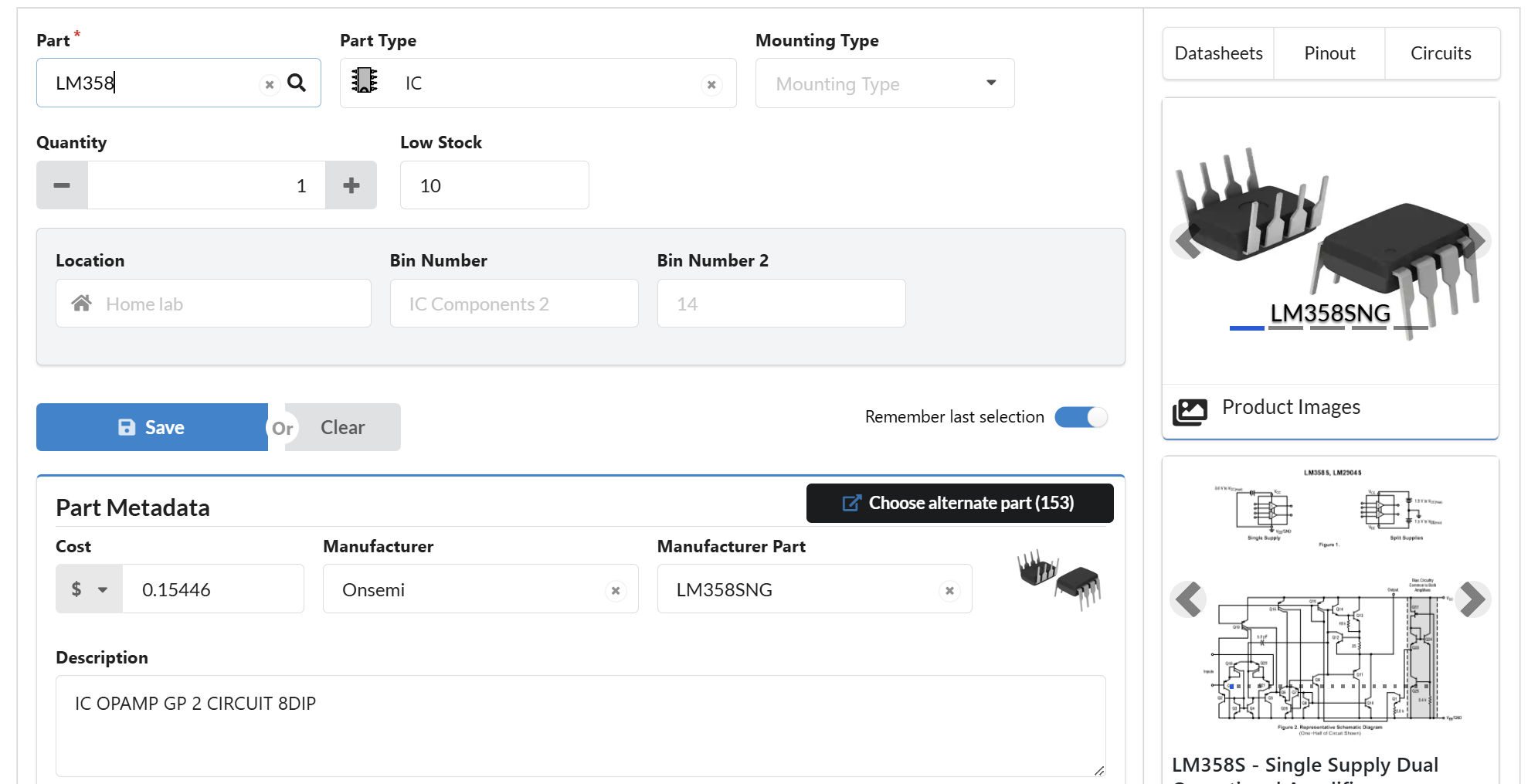




















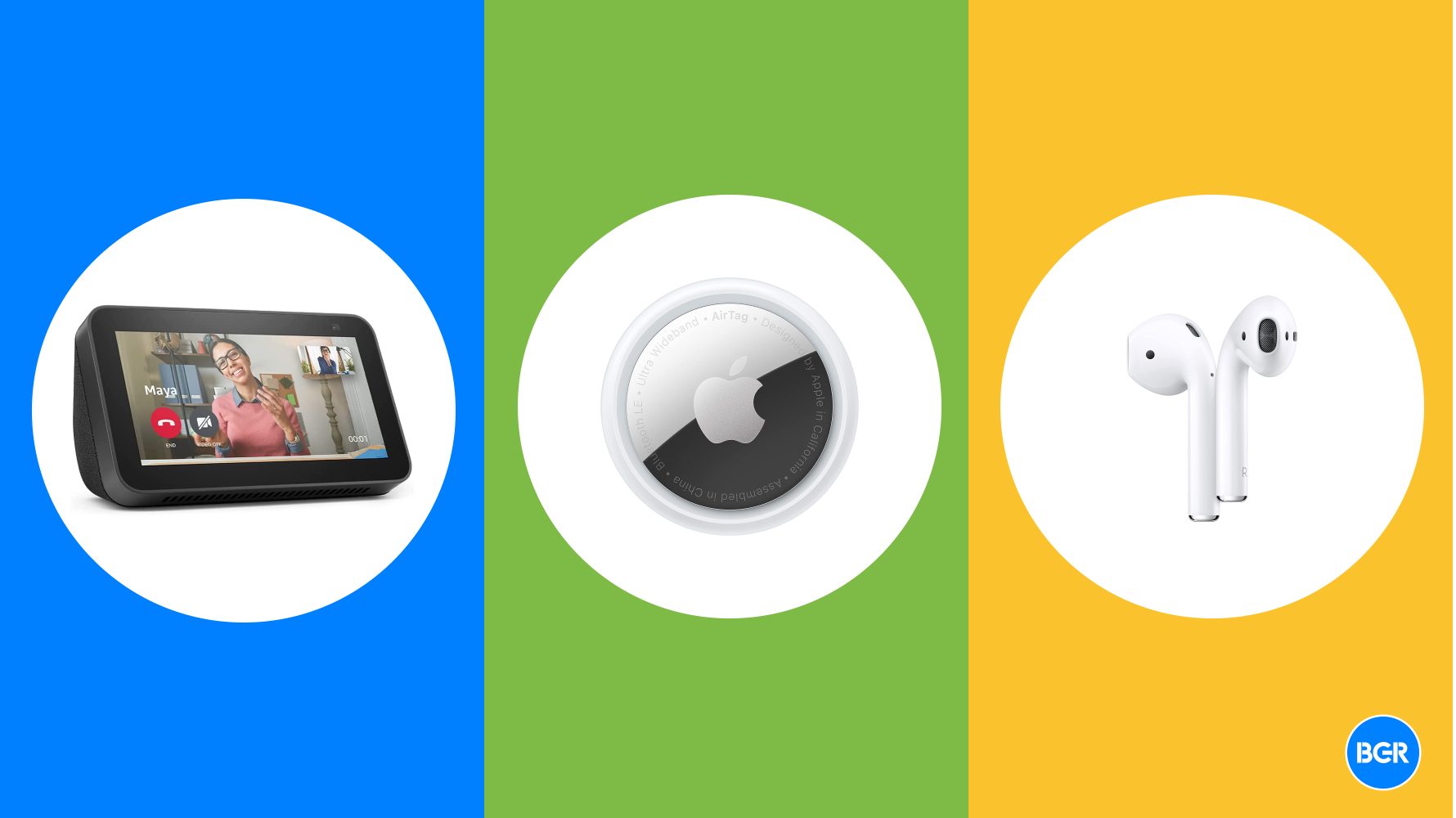






-xl-xl.jpg)









![Apple’s Messages app shows Meta is not a monopoly, says Meta [U]](https://i0.wp.com/9to5mac.com/wp-content/uploads/sites/6/2024/02/Zuckerbergs-AI-announcement.jpg?resize=1200%2C628&quality=82&strip=all&ssl=1)




![One UI 8 leaks again, showing off the tiny list of changes to Samsung’s Android 16 update [Video]](https://i0.wp.com/9to5google.com/wp-content/uploads/sites/4/2024/07/Galaxy-Z-Flip-6-review-photo-2.jpg?resize=1200%2C628&quality=82&strip=all&ssl=1)













![Apple to Split Enterprise and Western Europe Roles as VP Exits [Report]](https://www.iclarified.com/images/news/97032/97032/97032-640.jpg)
![Nanoleaf Announces New Pegboard Desk Dock With Dual-Sided Lighting [Video]](https://www.iclarified.com/images/news/97030/97030/97030-640.jpg)

![Apple's Foldable iPhone May Cost Between $2100 and $2300 [Rumor]](https://www.iclarified.com/images/news/97028/97028/97028-640.jpg)























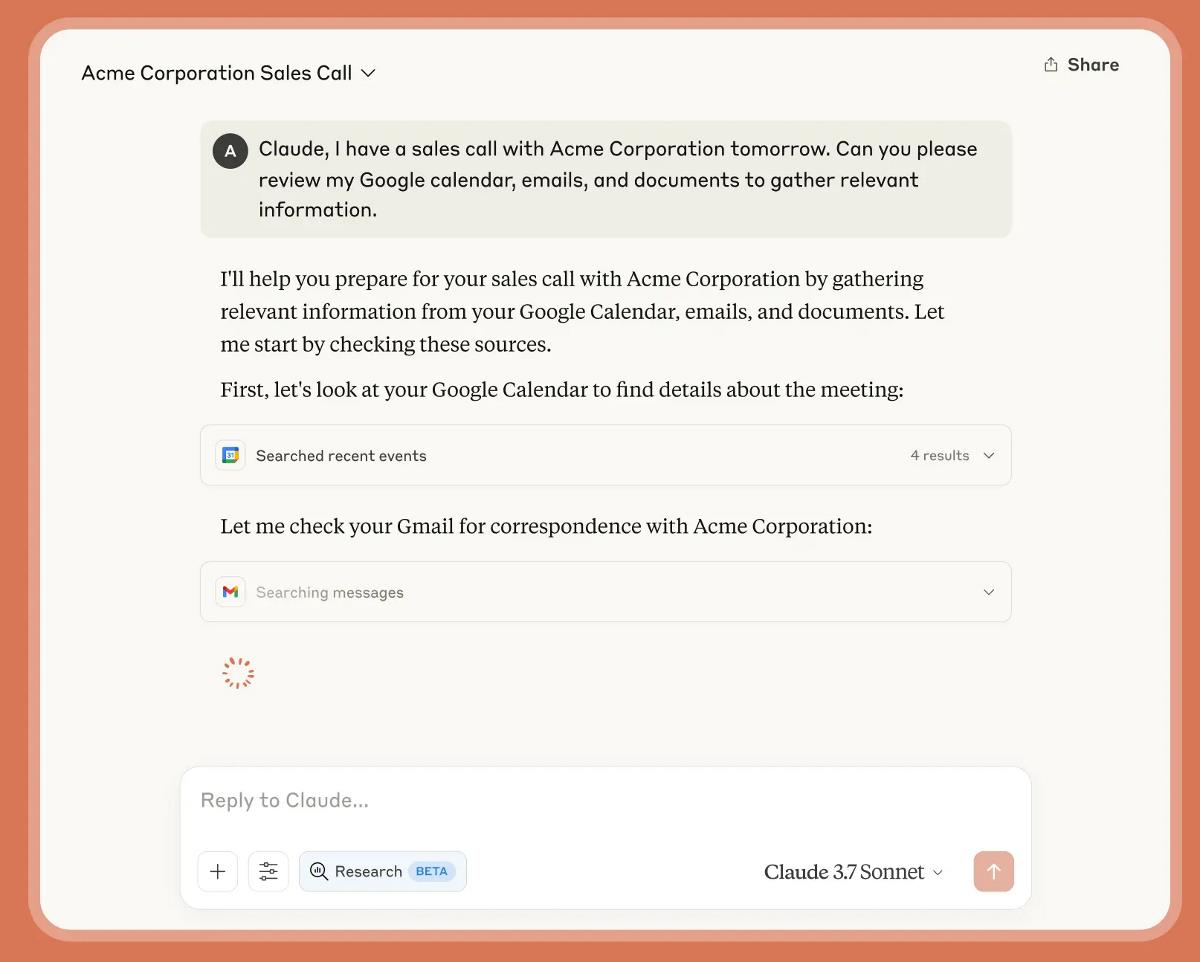



















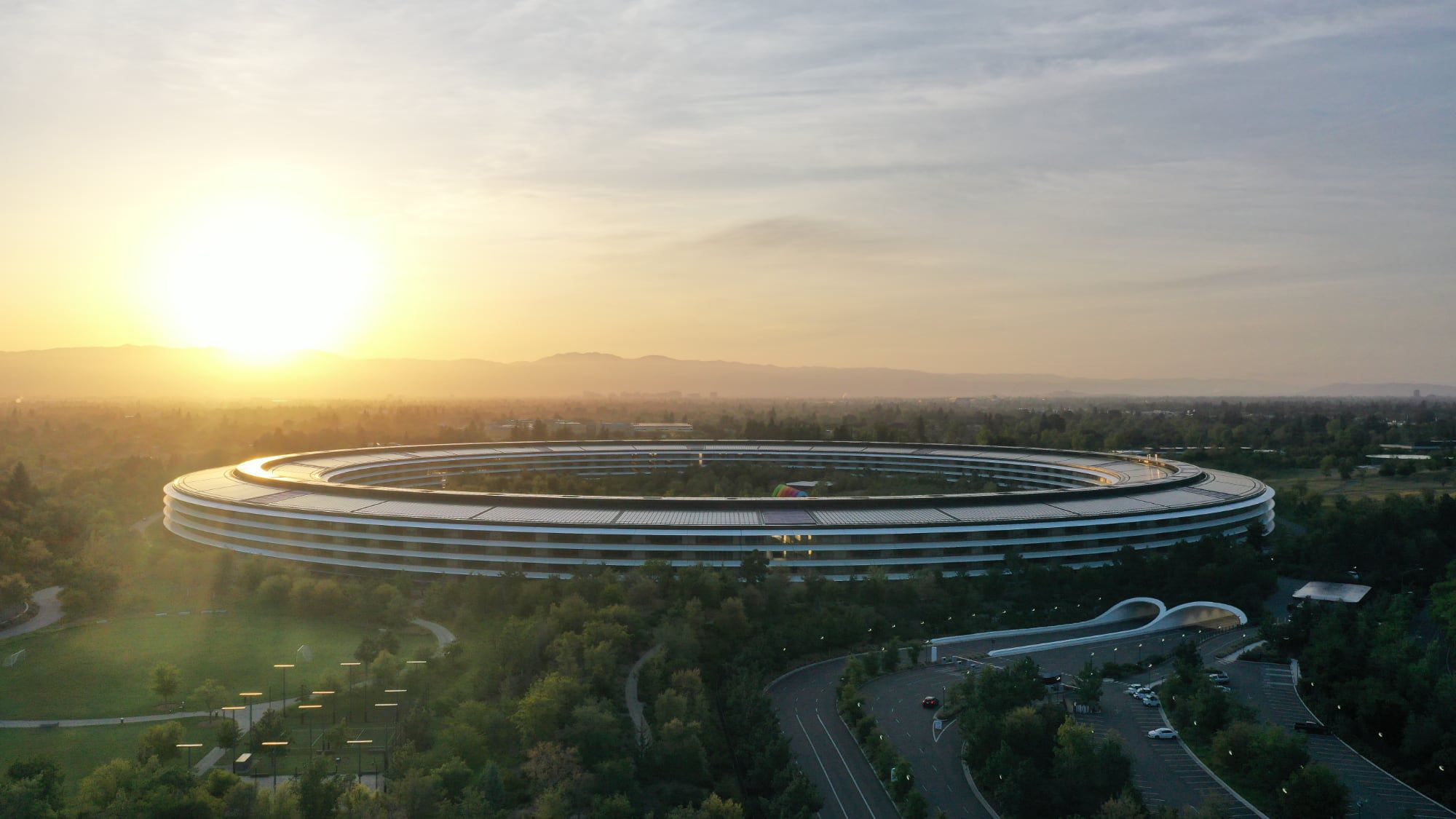
![Security Database Used by Apple Goes Independent After Funding Cut [Updated]](https://images.macrumors.com/t/FWFeAmxnHKf7vkk_MCBh9TcNMVg=/1600x/article-new/2023/05/bug-security-vulnerability-issue-fix-larry.jpg)
























































































